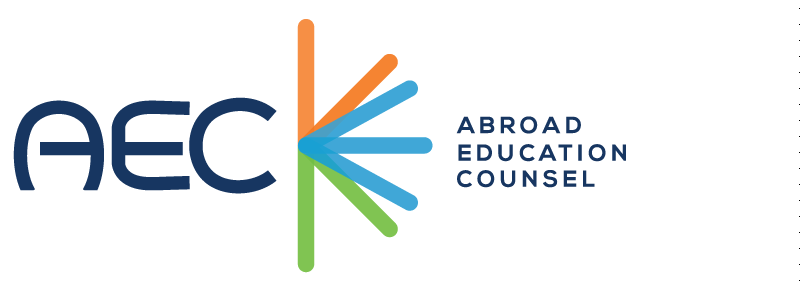Documents for Sweden Visa
- Acceptance letter from the University in Sweden
- 2 recent passport photographs
- Passport and 2 copies of the passport (validity minimum 6 months)
- 2 Copies of educational degrees; university/college/high school etc (attested by the Foreign Ministry)
- 1 Letter of confirmation from the sponsor of the studies & copy
- 2 copies of bank statements providing proof of funds for the entire study period, and a certificate from the bank showing the amount in US dollars, Euro, UK Pounds or Swedish kronor
- Health Insurance for students whose studies will not last more than 1 year
All documents should be shown in original at the time of applying at the Embassy.













